-
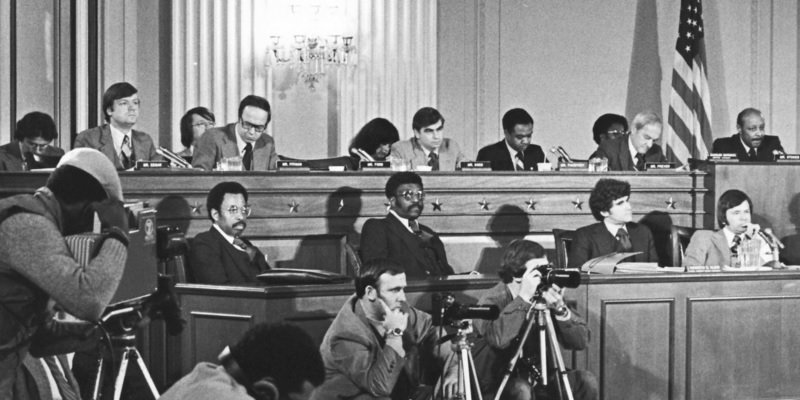
The CIA gave Congress a report on the JFK assassination that was edited to remove human rights violations - and mention of JFK
As a result of the JFK Assassination Records Collection Act, the Central Intelligence Agency ostensibly produced a copy of the Hart Report, more famously known as the “Monster Plot,” which was intended to be a definitive account of the Yuri Nosenko affair and a takedown of disgraced spymaster James Angleton. What the CIA actually released, however, resembles Hart’s actual report as much as the television edit of The Big Lebowski resembles the actual dialogue.
-
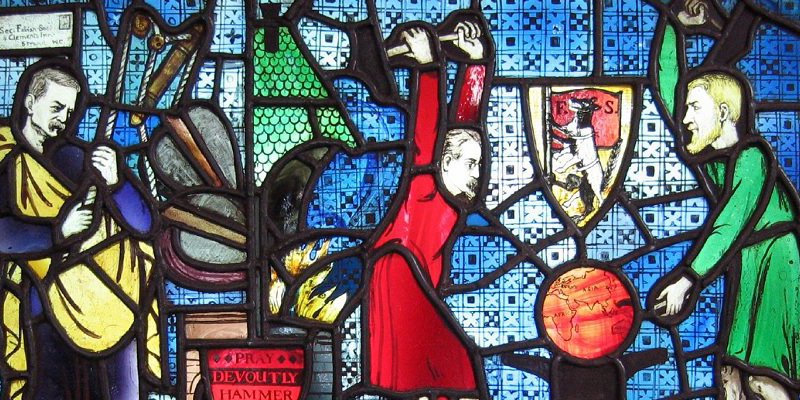
Cold War feuds led to the FBI investigating accusations that the government was compromised by a network of secret socialists
In the late ‘50s, a former Army Intelligence chief alleged to the Federal Bureau of Investigation that a secret cabal of socialists and Communists were infiltrating the government. The 122 named individuals included some senior officials and even hardline anti-communists such as Central Intelligence Agency spymaster James Angleton. Though the FBI ultimately dismissed the accusations as the result of an interagency feud, the Bureau did did congratulate itself on having already been aware of most of the individuals’ alleged subversive tendencies, which included sometimes having thoughts similar to those of socialists.
-
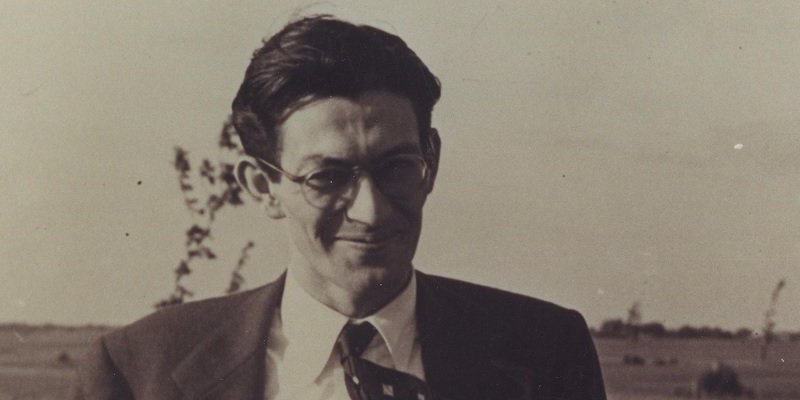
Spymaster James Angleton pushed back against argument that the CIA used too many cryptonyms
In late 1963, the Central Intelligence Agency’s Executive Director sent a memo to Counterintelligence Director James Angleton asking him to review the Agency’s perceived overuse of cryptonyms and excessive security, resulting in a report that would remain classified SECRET for 39 years. Angleton’s conclusion? Not his problem.
-
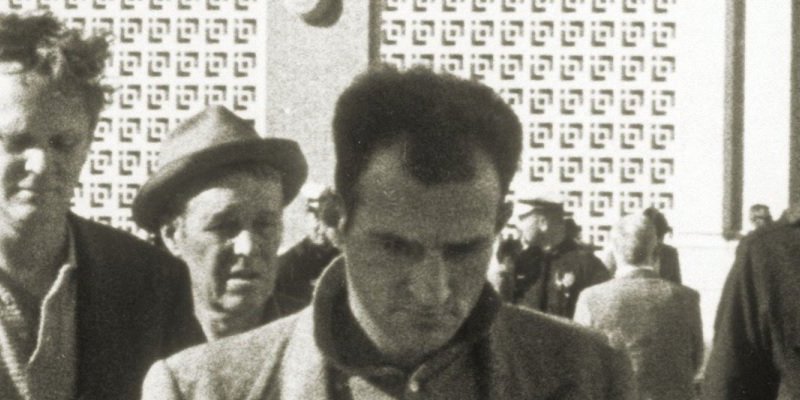
Solving the mystery of the Hunt/Dallas CIA memo hoax
In 1978, a JFK assassination hoax emerged that continues to fuel conspiracy theories and accusations against the Central Intelligence Agency. Two news stories began to circulate claiming that the House Select Committee on Assassinations had obtained an alleged 1966 CIA memo placing Howard Hunt, of Watergate infamy, in Dallas on the day of President John Kennedy’s assassination. Some conspiracy enthusiasts have tried to use the two articles to corroborate each other, unaware that they shared the same source. A review of over 1,000 pages of documents and testimony gives the story of - and dismantles - the HSCA memo hoax.
-
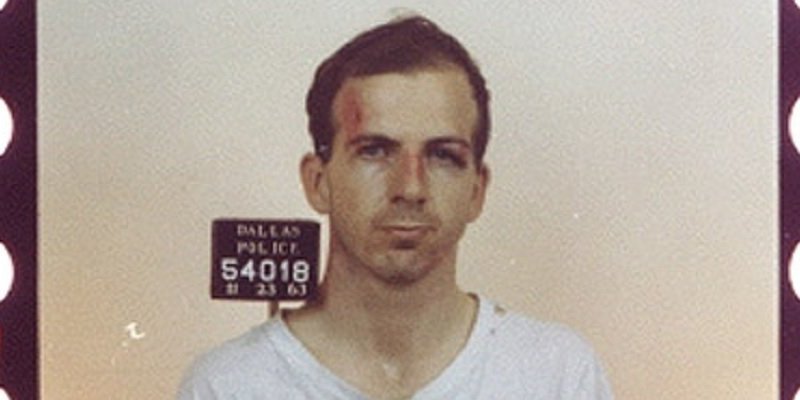
No, CIA’s counterintelligence chief didn’t mastermind a JFK assassination cover-up weeks in advance
In the 2008 epilogue to his book Oswald and the CIA, John Newman begins with a relatively simple fact and ends with a conclusion that not only reaches far beyond the evidence - it contradicts it. While it’s reasonable to point out the Central Intelligence Agency’s determination to avoid being dragged into World War III by the suspicion Lee Harvey Oswald was working for the Russians, it’s quite unreasonable to use this as evidence of a massive cover-up premeditated weeks in advance by none other than CIA counterintelligence chief James Angleton.
-
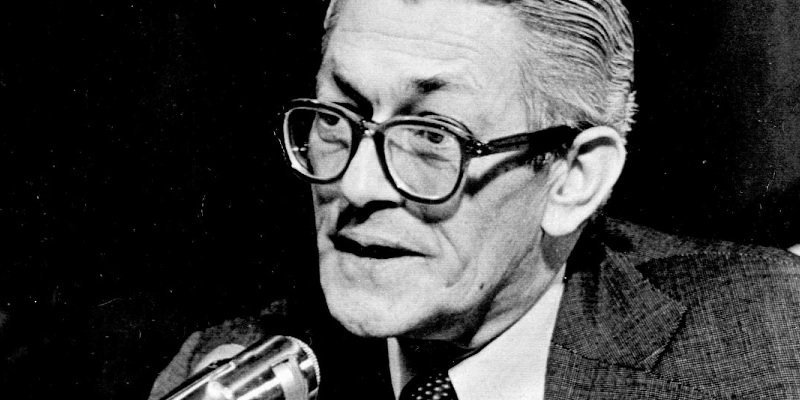
James Angleton and the author of report that “debunked” his work agreed on one thing - the report was libel
The Hart Report, also known as the Monster Plot Report, sought to denounce the Central Intelligence Agency’s Counterintelligence Staff in general and its chief, James Angleton, in particular, and is frequently cited as evidence of Angleton’s paranoia and incompetence. While Angleton and others strongly disagreed with John Hart’s findings, they agreed him on one important point - the report was libel.
-
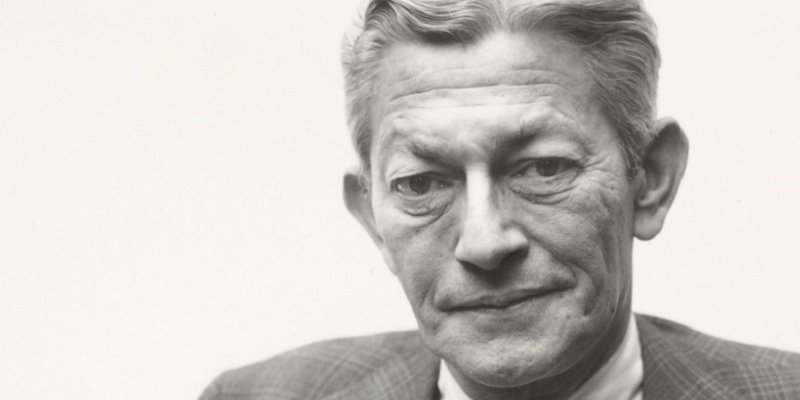
The mystery of disgraced CIA spymaster James Angleton’s “retirement”
Soon after legendary spymaster and CIA counterintelligence chief James Angleton’s intelligence career supposedly ended with his forced retirement in December 1974 due to the exposure of CIA wrongdoing, he returned to the Agency, where counterintelligence operations reportedly remained under his purview until late 1975.
-
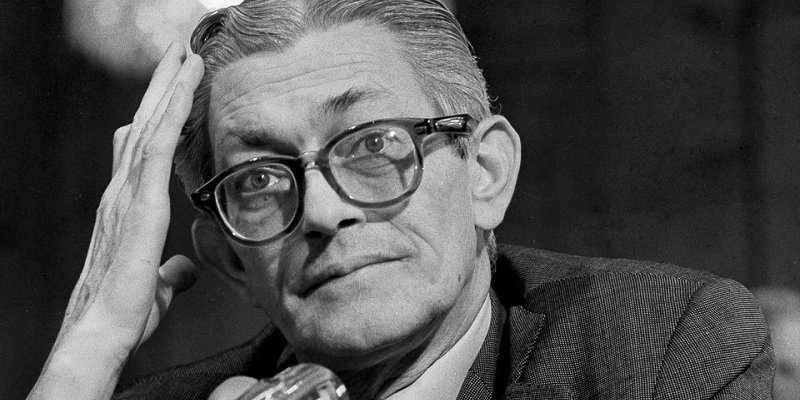
Even mandatory retirement couldn’t stop spymaster James Angleton’s influence
CIA memos shows that nearly a decade after scandal forced the Counterintelligence Chief into early retirement, the Agency and the President’s advisors were still seeking the counsel of the legendary James Angleton.